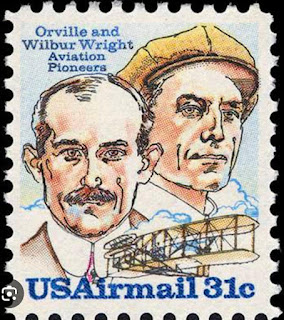Jawaharlal Nehru Port Authority, commonly known as Jawaharlal Nehru Port (JNPT) or Nhava Sheva, is India’s largest container port and a significant hub for international trade. It is located in Navi Mumbai, Maharashtra. Here is a brief overview:
Opening and Development
- Inauguration: Jawaharlal Nehru Port was inaugurated on 26 May 1989.
- Named After: The port is named after Jawaharlal Nehru, the first Prime Minister of India, in honor of his contributions to the nation.
Features and Facilities
- Location: Situated in Navi Mumbai, on the west coast of India, along the Arabian Sea.
- Infrastructure: The port features state-of-the-art infrastructure, including container terminals, bulk terminals, and other cargo handling facilities.
- Capacity: JNPT handles a significant portion of India’s container traffic and has the capacity to manage millions of TEUs (Twenty-foot Equivalent Units) annually.
Significance
- Economic Impact: The port plays a crucial role in India’s economy by facilitating international trade and contributing to the country’s GDP.
- Trade Hub: JNPT serves as a major gateway for import and export, connecting India to global markets.
Modernization and Expansion
- Technological Advancements: JNPT has continually upgraded its facilities with modern technology to enhance efficiency and handling capacity.
- Expansion Projects: Ongoing expansion projects aim to increase the port’s capacity and improve its infrastructure to accommodate the growing trade volumes.
Environmental Initiatives
- Sustainability Efforts: The port has implemented several green initiatives to minimize environmental impact, including the use of eco-friendly technologies and sustainable practices.









